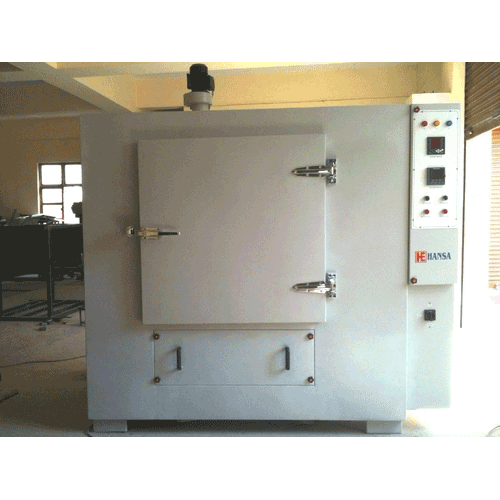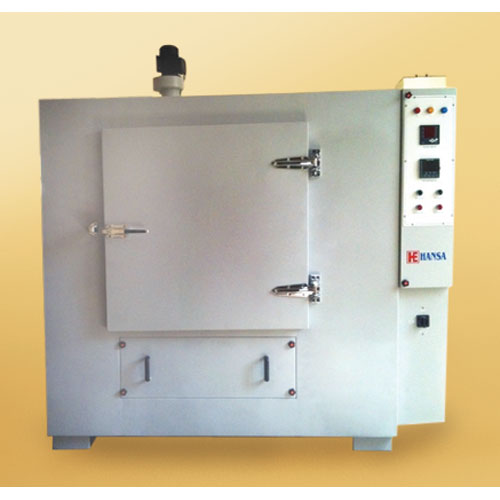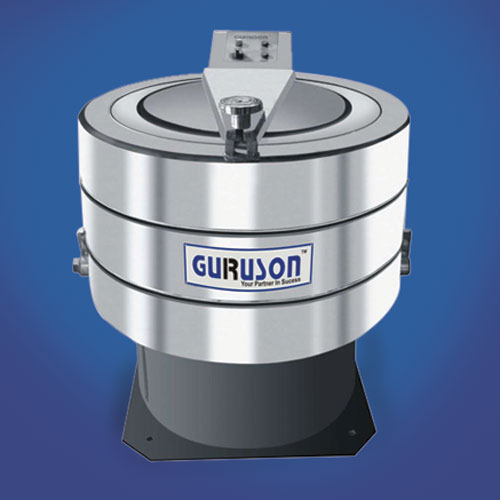Schedule a Call Back
Delhi: A conducive SME market
 Articles
Articles- Dec 11,19

Related Stories

Delhi: A conducive SME market
One of the largest metropolises in the country and one of the fastest growing states, Delhi, is the centre of international politics, trade, culture and literature in India.
Read moreRelated Products

Heavy Industrial Ovens
Hansa Enterprises offers a wide range of heavy industrial ovens.

High Quality Industrial Ovens
Hansa Enterprises offers a wide range of high quality industrial ovens. Read more

Hydro Extractor
Guruson International offers a wide range of cone hydro extractor. Read more















